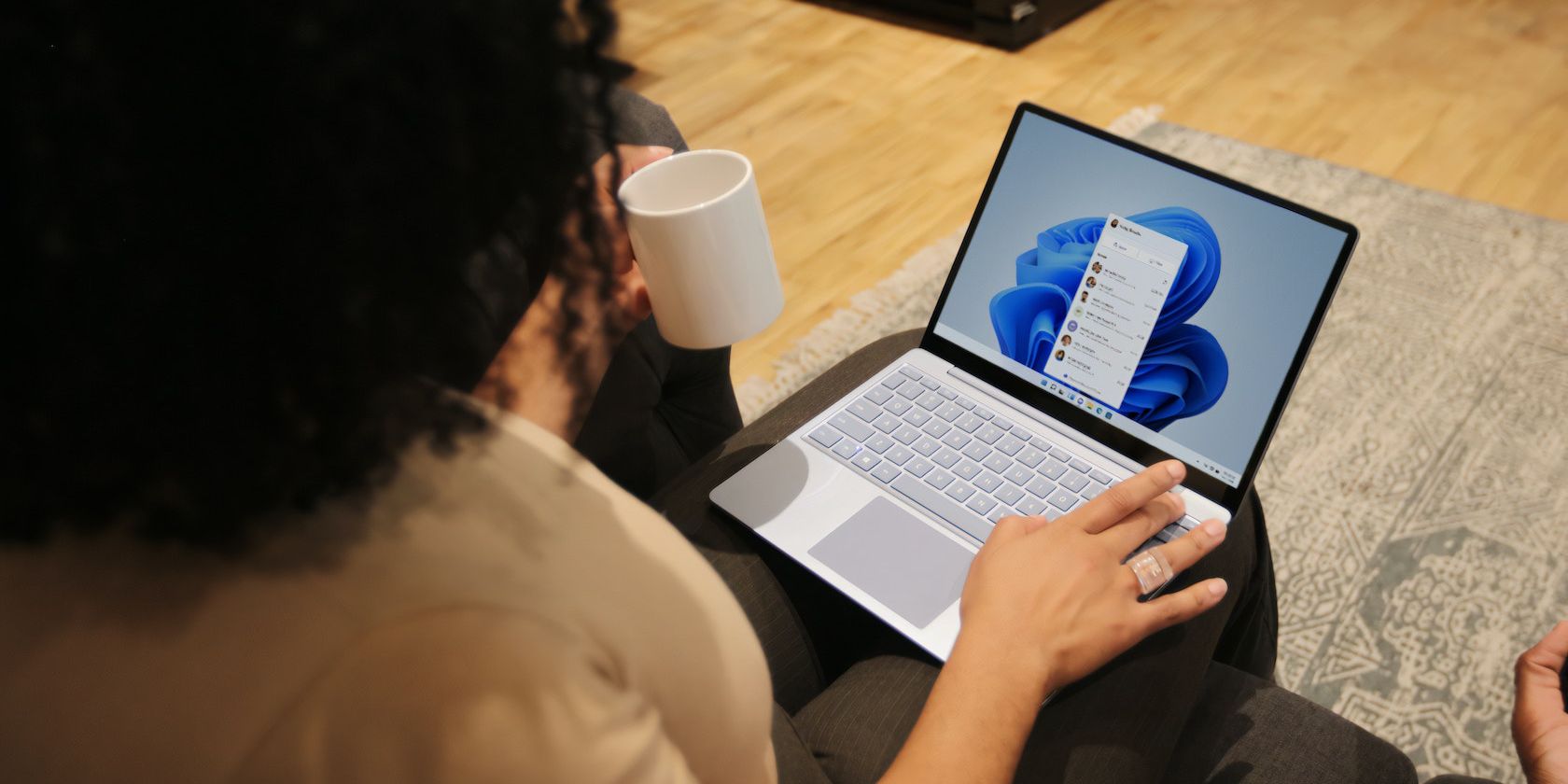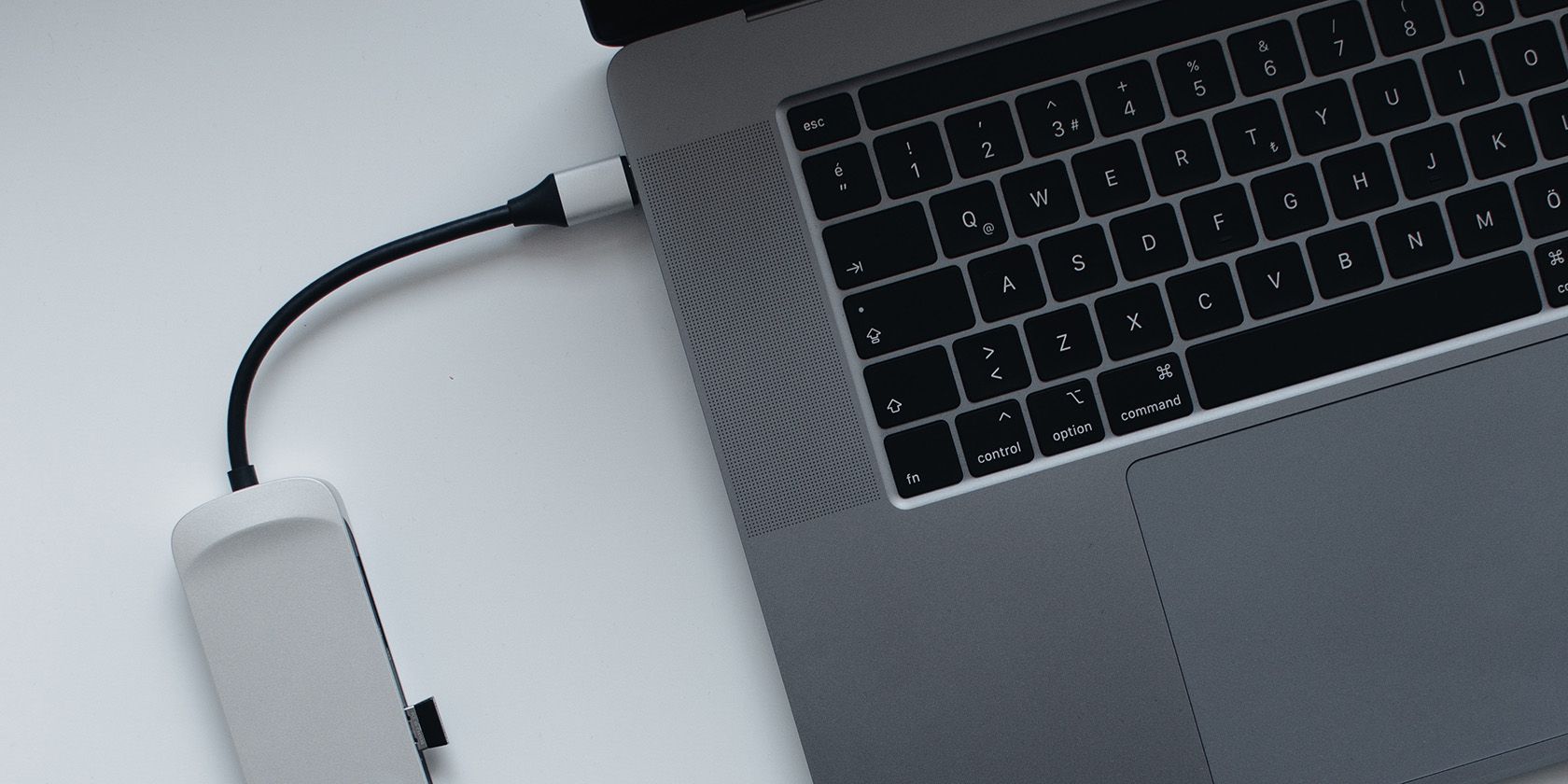Windows 11 has been out for a few months, and so far, it's been a worthy successor to Windows 10—despite the fact that Microsoft once claimed that Windows 10 would be the last version of Windows ever. So far, despite a handful of initial bugs at launch, it's been great now that they've been ironed out, but one thing remains; its fixation on newer hardware.
The OS has arbitrary minimum requirements that ensure that your old computer won't be supported. That being said, does Windows 11 support 32-bit systems?
Windows 11 Has No 32-Bit OS Version
The new operating system from Microsoft is the first one to not have a 32-bit version—if you want to use the latest version of Windows, you're going to need a 64-bit system. This doesn't mean that 32-bit programs are not supported anymore, as Windows 11 still has a compatibility layer for all those x86 programs that are still used today. But it does mean that you can't install Windows 11 on your 32-bit-only PC.
32-bit support was first added to Windows in 1993 with Windows NT 3.1, while 64-bit support first arrived with a special version of Windows XP called "Windows XP Professional x64 Edition," launched in 2005, four years after the initial Windows XP release.
It's been around for a long time, but until now, all Windows versions, from Vista all the way up to 10, have launched in both a 32-bit and a 64-bit presentation. With Windows 11, it's the first time we don't have a 32-bit version at all.
The reasons for this are many, but one of them can be attributed to Microsoft's new minimum system requirements. After all, if you have anything older than a 2016-2017 system, your computer will not be officially supported by Windows 11 anyway.
Does the Lack of 32-Bit Support Even Matter?
The short answer is that no, it does not. The longer answer is a bit more complicated than that, but chances are you can still use Windows 11. Whether that would be a good idea, though, is another story.
Let's go straight to the good news—unless you have a computer that's nearing 20 years old, then yes, it's probably 64-bits. AMD released the first 64-bit CPUs in the form of the AMD Opteron and the AMD Athlon 64 in 2003, 19 years ago. Intel quickly followed suit in 2004 with updated versions of the Xeon and the Pentium 4. And since then, virtually all of Intel and AMD's lineup has been 64-bit based.
There's basically no downside to supporting it—it was versatile enough to advance computing to the next stage while also keeping perfect compatibility with 32-bit software. So if you managed to install Windows 11 on one of these older systems, it will most likely run just fine.
The question then becomes, why was Microsoft still shipping a 32-bit version up until Windows 10? Clearly, Microsoft wasn't expecting people to run it on pre-2003 systems, after all. One answer does come to mind, though, and that is system requirements.
Despite the fact that pretty much all processors are 64-bits nowadays, 64-bit Windows is a tad more demanding in specifications. While an entry-level computer with under 4 GB of RAM could have a hard time with a 64-bit version of Windows, it's definitely more usable on 32-bits. The minimum requirements for Windows 10 32-bit went down as low as 1 GB of RAM, while for 64 bits, you had to look for at least 2 GB — and anything under 4 would probably be hell despite that.
By leaving these older computers behind, Microsoft can modernize the Windows experience further. Windows 11 takes a lot of steps to revamp parts of the OS that have pretty much looked the same for over a decade, and we're sure it also adds a lot of changes under the hood to support those. And as we said before, it's not a change that actually impacts anyone. After all, if you really have a PC that's only capable of 32-bits, it's been time to replace it for at least a decade, as the fact that your PC can't run Windows 11 is probably the least of your problems.
My PC Has 32-bit Windows 10, What Should I Do?
If your computer is running 32-bit Windows 10, you sadly don't have a way to upgrade forward. At this point, though, you still have a few options.
First off, you can stay on Windows 10. Microsoft's older OS will still be supported up until 2025, so you still have a good few years before your operating system goes completely obsolete. Developers will probably begin to drop support for Windows 10 around that year, so you'll also be able to keep using your full set of programs just fine.
And if you really want to upgrade to Windows 11, I mean, you probably can? Just be mindful that you'll need to install the 64-bit version instead, and you'll be all good. Also, maybe get a RAM upgrade too, while you're at it—it asks for at least 4 gigs, and even that's not enough for most people.
What happens after 2025 if you don't want to use 64-bit Windows 11? You still have a few options there, but the one I would probably recommend is using a Linux distro or another alternative operating system.
Most Linux distros still have full support for 32-bit systems, and honestly, they'll probably run better than Windows too if you go for a lightweight one. If you can make sure all of your programs are also available on Linux, then you're golden.
No 32-Bit, No Problem
The fact that Windows 11 doesn't support 32-bits is not a huge deal at all. After all, virtually every computer nowadays has a 64-bit chip since there are basically zero downsides to supporting 64-bit. So on that side, it's good to see Microsoft getting rid of it. On the other hand, users of older systems were still using 32-bit Windows for a reason.
Hopefully, now you have your answer.

.jpeg)

.jpg)
